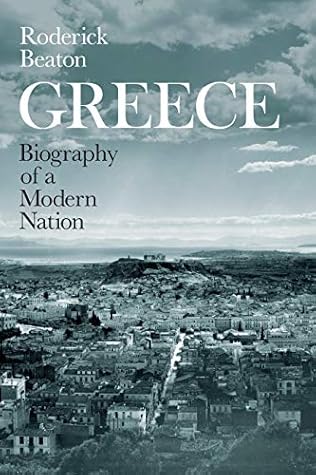More on this book
Kindle Notes & Highlights
was a conscious and, it would seem, a little-contested policy choice, beginning around 1800, to reassert kinship with the lost civilization of classical antiquity. It has also been a highly selective one. Think of all those ancient practices that have been entirely airbrushed out: nudity, pederasty, slavery, submission of women, infanticide, paganism, animal sacrifice.
‘There was never a greater crime against humanity than the Fourth Crusade.’9 Eight hundred years after the event, in June 2004, Pope John Paul II delivered a historic apology for the event to his counterpart, Patriarch Bartholomew of the Orthodox Church.
In Constantinople and a steadily decreasing amount of its hinterland, from 1261 to 1453, there was the ‘rump’ state of Byzantium itself. Isolated dependencies also existed for different periods of time: to the west the ‘Despotate of Epiros’ (the northwestern part of today’s Greece), to the south the ‘Despotate of the Morea’ (the medieval and later name for the Peloponnese), and to the east the ‘empire of Trebizond’ on the southern shore of the Black Sea, which lasted the longest, until 1461. During the fourteenth and fifteenth centuries these last Byzantine outposts, including the capital,
...more
The key to this process of self-discovery was language. The Greek language was an evident and indisputable common denominator linking pagan ancient Greece, Christian Byzantium, the present-day Orthodox elites of southeast Europe and a broadly dispersed series of rural communities, each with its own dialect.
In this way, the pursuit of a national language began several decades before anyone seriously imagined creating a national state.
The notion that the rest of the world, and Europe in particular, owes a huge cultural debt to Greece is today deeply embedded in Greek history and the Greek collective consciousness.
The Protocol of London, signed on 3 February 1830, on behalf of the governments of Great Britain, France and Russia, declared for the first time, and under the guarantee of the three powers: ‘Greece will form an independent State, and will enjoy all those rights–political, administrative, and commercial–attached to complete independence.’
The formal rift between the ‘Autocephalous Church of Greece’, based in Athens, and the Patriarchate in Constantinople would last only until 1850. But even today the Archbishop of Athens and All Greece holds ecclesiastical authority over those parts of the country that comprised the kingdom in the nineteenth century, while the Patriarch retains jurisdiction over the rest. Church and state have never been fully separated in Greece.


